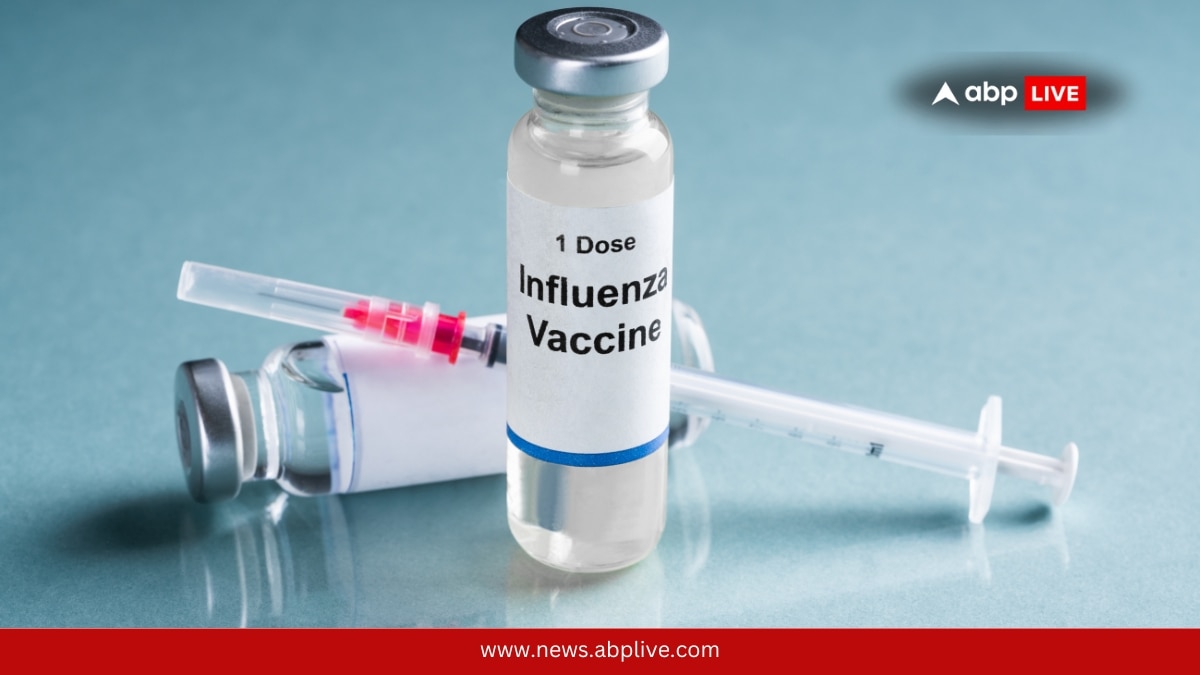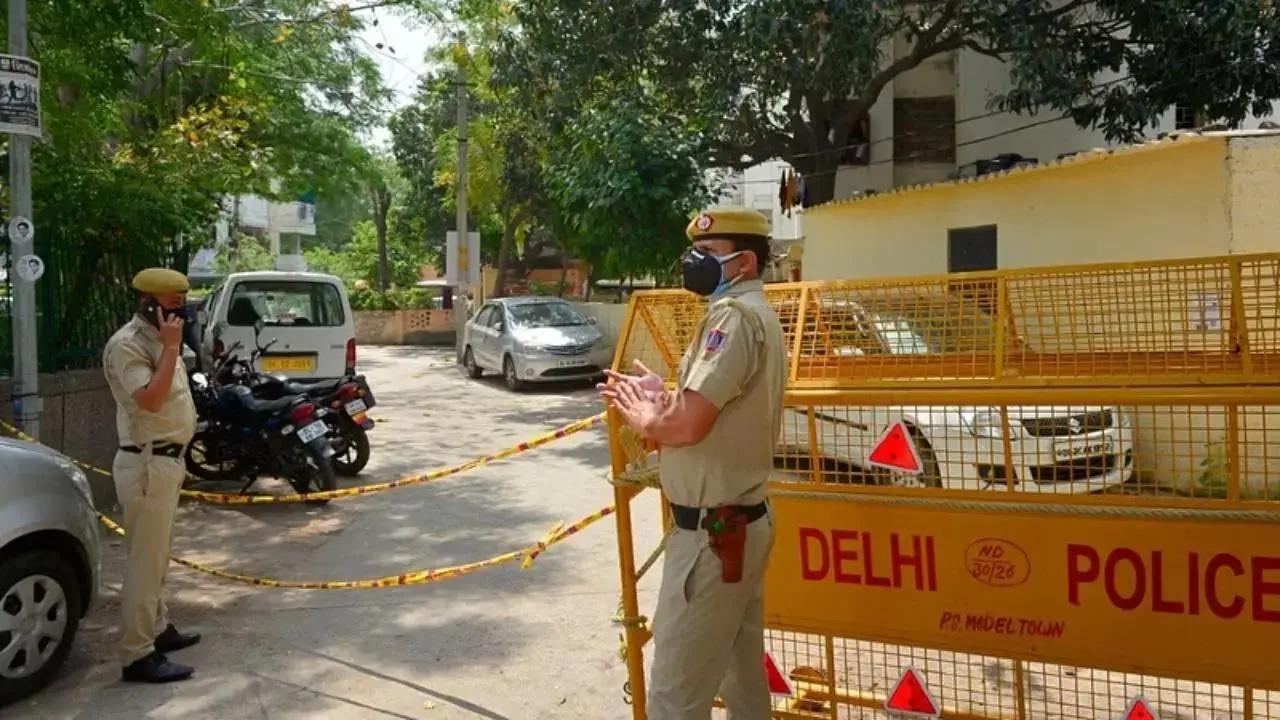
By Dr. Anupama Yerra Continues below advertisement window.addEventListener("load", function() { let ad_unit_fire_time = 1000; if(ad_delay_time_abp > 0){ ad_unit_fire_time = parseInt(ad_delay_time_abp) + 500; } setTimeout(function () { googletag.
cmd.push(function() { googletag.display("div-gpt-ad-9167143-2"); }); },ad_unit_fire_time) }); Influenza, or the flu, is a highly contagious respiratory illness that can cause significant health problems, especially in children under 8 years old.

While the flu can affect anyone, young children are at a particular risk for developing severe complications, including pneumonia, dehydration, and even death. For instance, the Ministry of Health & Welfare noted last year that there were approximately 3,97,814 cases of Acute Respiratory Illness/Influenza-Like Illness (ARI/ILI) in January 2023, which increased to 436,523 in February. Children younger than 5 years old — especially those younger than 2 — are at higher risk of developing serious flu-related complications .
Children of any age with certain chronic health conditions are also at higher risk; such as asthma, neurologic disease, obesity, or immune suppression. Children 5 years and older can spread the flu to their higher-risk family members, like infants younger than 6 months old and adults who are 65 years and older, or people of any age who have certain chronic health conditions. Continues below advertisement window.
addEventListener("load", function() { let ad_unit_fire_time = 1000; if(ad_delay_time_abp > 0){ ad_unit_fire_time = parseInt(ad_delay_time_abp) + 500; } setTimeout(function () { googletag.cmd.push(function() { googletag.
display("div-gpt-ad-1253031-3"); }); },ad_unit_fire_time) }); Flu vaccine offers the best defence against flu and its potentially serious complications and also can reduce the spread of flu to others. Understanding The Flu And Its Risks There are two main types of influenza (flu) viruses: types A and B. The influenza A and B viruses that routinely spread in people (human influenza viruses) are responsible for seasonal flu epidemics each year.
The flu virus spreads through droplets in the air when an infected person coughs or sneezes. It can cause symptoms such as fever, cough, sore throat, runny nose, muscle aches, fatigue, and headache. In some cases, the flu can lead to more serious complications, such as: Pneumonia: A lung infection that can be life-threatening.
Dehydration: A dangerous condition that occurs when the body loses too much fluid. Worsening of chronic conditions: The flu can exacerbate existing health problems, such as Asthma or heart disease Brain dysfunction such as encephalopathy Sinus problems and ear infections In rare cases, flu complications can lead to death Why Flu Vaccination Flu vaccination is a safe and effective way to protect children from the flu. Studies have shown that the vaccine can: Reduce the risk of flu illness: The vaccine can significantly lower the chances of getting the flu.
Prevent severe complications: Even if a vaccinated child does get the flu, the vaccine can reduce the severity of the illness and the likelihood of hospitalization. Protect others: By getting vaccinated, children can help prevent the spread of the flu to family members, friends, and community members, especially those who are at high risk for severe illness. The Centers for Disease Control and Prevention (CDC) recommends that all children aged 6 months and older receive an annual flu vaccine.
For children aged 6 months to 5 years, as well as those with high-risk conditions, the vaccine is strongly advised. First-time vaccine recipients between the ages of 6 months and 8 years should receive two doses, spaced one month apart. For children aged 9 years and older, a single dose is sufficient.
Annual revaccination for all children requires only one dose. The dosage for inactivated influenza vaccines (IIVs) is 0.5 mL administered via intramuscular injection.
All currently available IIVs in the country include protection against the H1N1 strain, commonly known as swine flu. While these should be the minimum practices, a paediatric specialist may prescribe more safeguards pertinent to your child’s health. It is considered best to get the flu vaccine before flu season begins, which typically occurs in the autumn season.
However, it is still possible to get vaccinated later in the season. Dr. Anupama Yerra is Senior Consultant – Pediatric Intensivist and Pediatrcian, Rainbow Children’s Hospital, Banjara Hills, Hyderabad.
[Disclaimer: The information provided in the article, including treatment suggestions shared by doctors, is intended for general informational purposes only. It is not a substitute for professional medical advice, diagnosis, or treatment. Always seek the advice of your physician or other qualified healthcare provider with any questions you may have regarding a medical condition.
] Check out below Health Tools- Calculate Your Body Mass Index ( BMI ) Calculate The Age Through Age Calculator.















